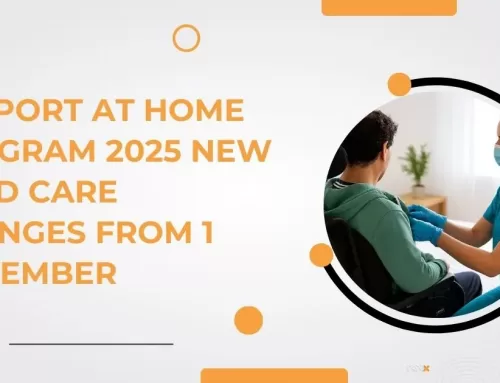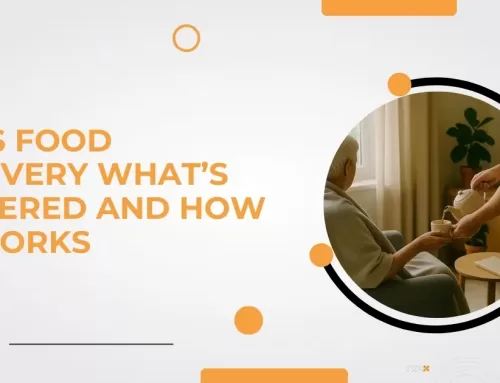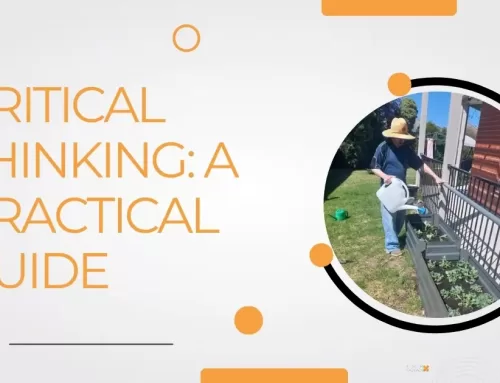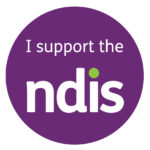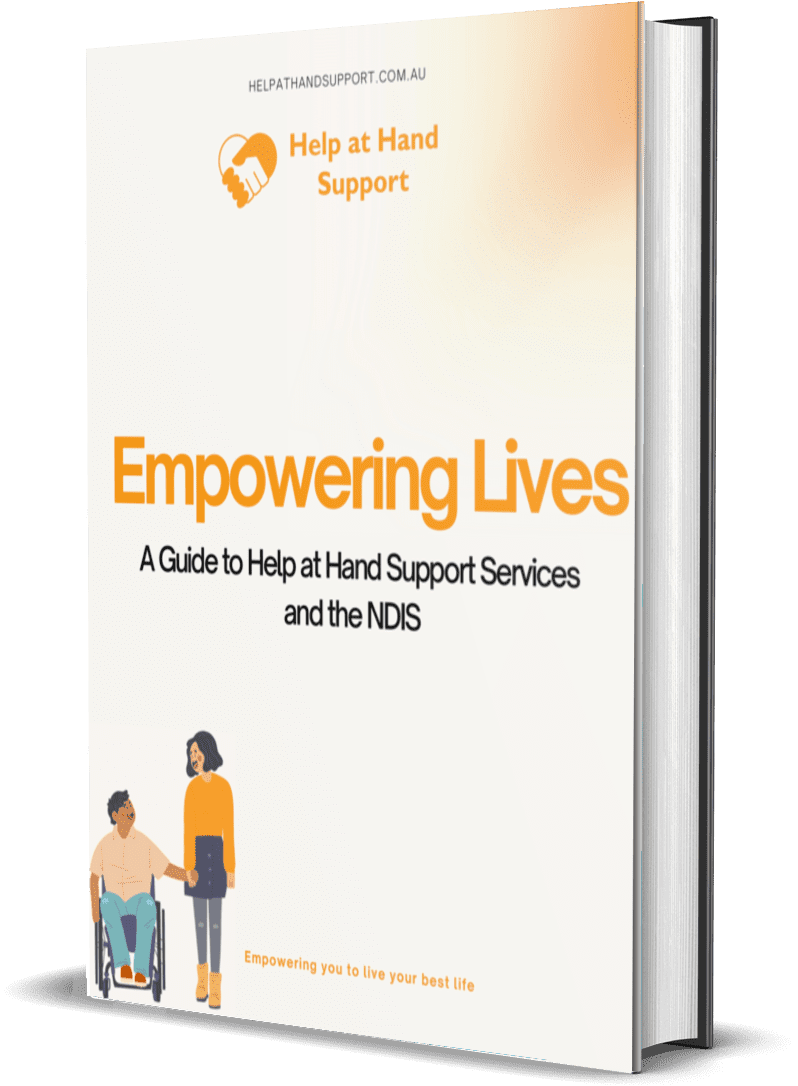NDIS Navigator – What you need to know
The NDIS, as part of the Final Report of the Independent Review of the NDIS, has recommended the introduction of the role of “Navigator” to the scheme. The NDIS recognises that navigating the system can be complex and challenging. Additionally, as there are various roles involved in supporting participants (Eg: Local Area Coordinators (LACs), Early Childhood Partners, support coordinators, plan managers, recovery coaches, NDIS Health and Justice Liaison officers, remote community connectors and some NDIA staff) sometimes these roles can overlap, and it is not clear who should be doing what.
It was therefore recommended the introduction of a new role: the NDIS Navigator. So, what does this look like for the future of the NDIS, and what exactly does a navigator do?
What is an NDIS navigator?
NDIS Navigators will be like a guide for people with disabilities and their families. They will help them understand and use the NDIS system, find services they need in the community, and figure out how to pay for them. A Navigators would know a lot about local services and would be available to help everyone in the community who has a disability, even if they’re not eligible for the NDIS. They would also assist in finding and using services paid for by the NDIS, much like Support Coordinators do now.
In an NDIS review report written by Prof. Bruce Bonyhady AM and Ms Lisa Paul AO PSM, it’s said that navigators will replace Support Coordinators, Specialist Support Coordinators, and the part of the role that was supposed to be done by LACs. The report clearly says that the disability sector will need more highly skilled people who understand the person-centred focus of Support Coordination to fill the demand for several types of Navigators.
The NDIS Review recommends funding and implementing “an ecosystem of services and service systems that work together to ensure people with disabilities can access the right mix of supports at the right time in a connected and inclusive way.” This includes all people with disabilities, whether they are NDIS participants or not, to ensure everyone with a disability is supported to have real choice and control over their services and supports.
Types of NDIS Navigators:
As part of the new system, navigators will be separated into multiple categories. These include:
- General navigators – Their goal is to help all people with disabilities connect to and use regular services and basic supports, including aiding those with intellectual disabilities in accessing decision-making assistance. Furthermore, NDIS participants will get help creating an Action Plan to use their NDIS funds, and assistance in connecting to and organizing supports and services. These Navigators will also set up regular meetings to track progress, assess support needs, and report on the results achieved based on evidence (like what LACs and Support Coordinators currently do).
- Specialist navigators – They will offer more thorough and advanced support to NDIS participants with significant and complex needs (which is currently done by Specialist Support Coordinators). This includes participants linked to various regular services, where notable risks are identified, and/or who have complex disability-related support requirements. Specialist Navigators will need advanced skills, experience, and qualifications for this role. It’s suggested that a top-notch case management framework be established to ensure a coordinated, collaborative planning, and funding approach across complex regular settings.
- Psychosocial navigators – They help people with psychosocial disabilities, both NDIS participants and those not eligible for the scheme. Their job includes active outreach and assistance to connect with non-NDIS mainstream and community services.
- Housing and living navigators – They work with NDIS participants to identify and trial housing and living options, then help negotiate with chosen providers.
- Shared support facilitator – A specialist role who would work with participants who share housing and living supports. The job of the facilitator is to make sure everyone who is sharing support has a say about how their support is organised and delivered.
- Lead practitioner – A specialist role just for children and families. Lead practitioners should be available to all children who are NDIS participants. They may also be available to some children who are not NDIS participants but who have higher support needs than can be met in foundational supports and mainstream services.
How does this affect Support Coordinators?
For existing Support Coordinators, this change might involve shifting into the new Navigator position. The review anticipates that many Support Coordinators and LAC staff will become Navigators. However, this transition will happen gradually, with a suggested five-year timeframe to ensure thorough planning and testing of the proposed adjustments. It’s essential to understand that these suggestions come from the review and their adoption is not assured. The review strongly advises that individuals with disabilities, their families, and advocacy groups play an active role in designing and testing these modifications.
These changes were proposed to improve the overall structure of the NDIS system and the way it operates. We at Help at Hand Support understand that the information provided may be difficult to comprehend, and we’re here to help. If you’re a Support Coordinator or a Participant and you’d like to learn more or have a specific question, don’t hesitate to contact us and discuss further!
Check out more from our Blog
Book A Care Consult
We will be in contact with you shortly

